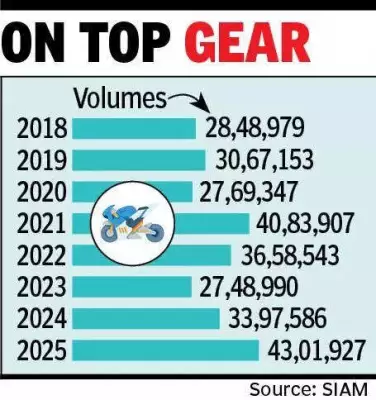
For manufacturing companies across India, protecting your workforce isn't just a legal requirement—it's a fundamental responsibility that safeguards your business's future. Workmen Compensation Insurance serves as a critical safety net, but choosing the right policy requires careful consideration of several key factors.
Understanding the Legal Framework
The Workmen's Compensation Act, 1923, mandates that Indian employers provide financial protection to employees who suffer work-related injuries or illnesses. This legislation covers permanent, temporary, casual, and contractual workers, making comprehensive insurance coverage essential for manufacturing operations of all sizes.
Key Considerations Before Purchasing Coverage
1. Accurate Employee Classification
Properly categorizing your workforce based on risk exposure is crucial for determining premium rates. High-risk roles like machine operators or chemical handlers typically command higher premiums than administrative staff.
2. Comprehensive Risk Assessment
Conduct a thorough evaluation of workplace hazards specific to your manufacturing processes. Identify potential accident scenarios, from machinery mishaps to exposure to hazardous materials, to ensure your policy covers all operational risks.
3. Understanding Coverage Scope
Look beyond basic death and disability coverage. Ensure your policy includes medical expense reimbursement, rehabilitation costs, and compensation for temporary or permanent disablement. Verify that coverage extends to occupational diseases that may develop over time.
4. Premium Calculation Factors
Insurance providers consider your company's claims history, safety protocols, employee training programs, and the nature of manufacturing activities when determining premiums. Implementing robust safety measures can significantly reduce your insurance costs.
5. Policy Exclusions and Limitations
Carefully review what's not covered. Most policies exclude injuries resulting from intoxication, willful misconduct, or unauthorized activities. Understanding these exclusions helps prevent claim rejections and coverage gaps.
6. Claims Process Efficiency
Evaluate the insurer's claims settlement reputation and process transparency. A streamlined claims procedure with clear documentation requirements ensures timely support for injured employees when they need it most.
7. Compliance with Amendments
Stay updated with recent legal amendments, including changes in compensation calculation methods and coverage requirements. Regular policy reviews ensure ongoing compliance with evolving regulations.
Beyond Compliance: The Strategic Value
Workmen Compensation Insurance isn't merely a statutory obligation—it's a strategic investment that enhances employee morale, improves retention, and protects your company from significant financial liabilities. A well-structured policy demonstrates your commitment to workforce welfare while securing your manufacturing operations against unforeseen incidents.
By carefully evaluating these factors and partnering with a reputable insurer, Indian manufacturing companies can create a safer, more secure working environment while ensuring business continuity and regulatory compliance.





